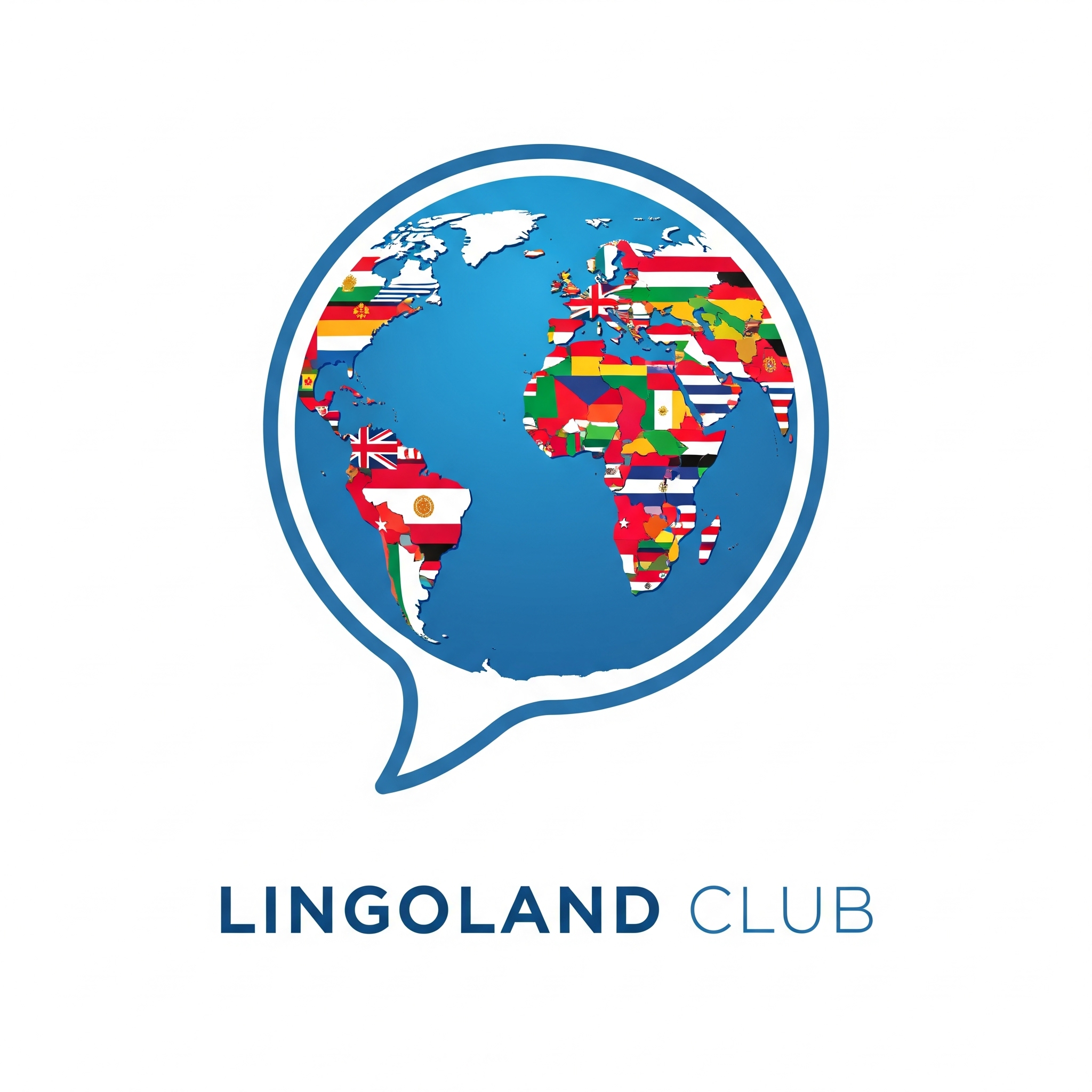Set Clear, Specific Goals
Success in language learning begins with clear, measurable objectives rather than vague ambitions like "becoming fluent." Focus on tangible, short-term targets that build momentum and confidence.
Effective Goal Examples:
- Learn the 100 most common words (covers 50% of spoken language)
- Hold a 5-minute conversation about daily activities
- Read simple articles or watch short videos with subtitles
- Master essential grammar patterns for daily communication
Build a Balanced Study Plan
Effective language learning balances three core elements that work together to accelerate your progress. Create a weekly schedule that incorporates diverse activities while maintaining consistency.
Input (40%)
Understanding through listening and reading comprehensible content
Output (40%)
Producing through speaking and writing practice
Review (20%)
Correcting errors and reinforcing learning
📅 Weekly Schedule Template:
- Daily (15-30 min): Vocabulary review with spaced repetition
- 3x/week (20 min): Listening practice with podcasts or videos
- 2x/week (30 min): Conversation practice or speaking exercises
- 2x/week (15 min): Grammar review through context
- 1x/week (45 min): Cultural content (movies, music, articles)
Focus on High-Frequency Content
The Pareto Principle applies perfectly to language learning: 20% of vocabulary covers 80% of daily communication. Starting with high-frequency words and phrases gives you the biggest return on your time investment.
Priority Learning Order:
- 1. Most common 100 words - Essential survival vocabulary
- 2. Basic phrases - Greetings, introductions, common questions
- 3. Numbers and time - Dates, prices, schedules
- 4. Present tense verbs - Most frequently used actions
- 5. Common adjectives - Descriptive words for daily situations
Remember: It's better to know 100 words really well than to recognize 500 words poorly. Focus on depth before breadth in your early learning stages.
Essential Resources to Get Started
Your 30-Day Action Plan
Week 1-2: Foundation Building
Learn basic greetings, numbers 1-20, and 50 most common words
Week 3-4: Structure & Practice
Basic sentence patterns, simple conversations, daily 15-minute practice

